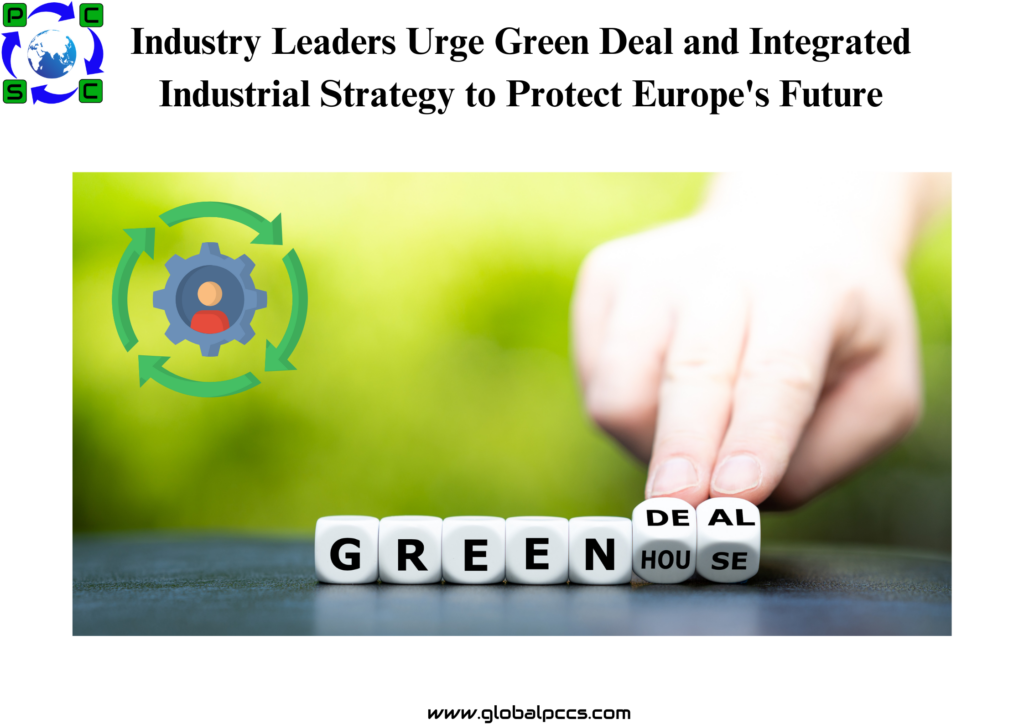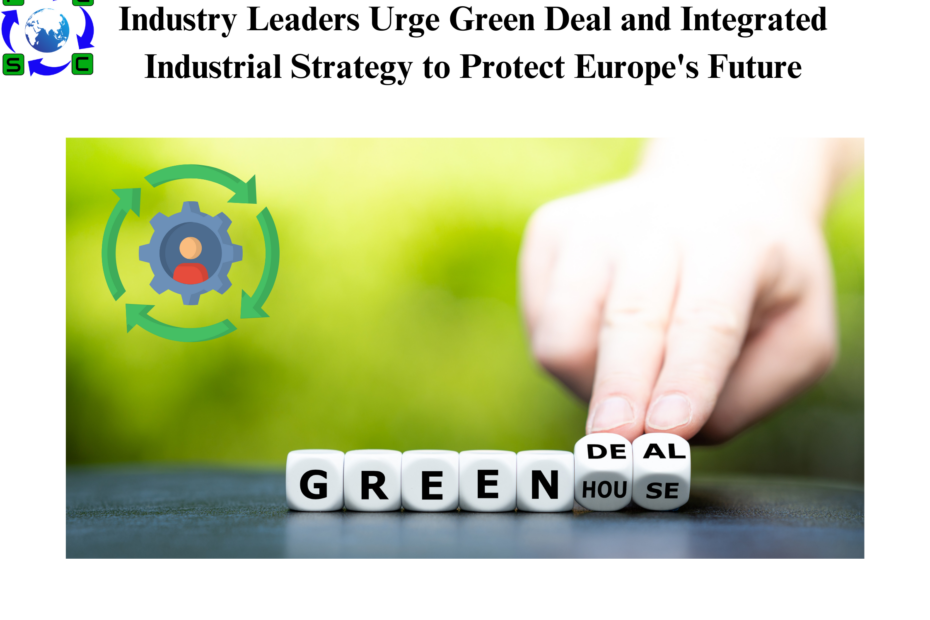 To supplement the European Green Deal, leading business groupings have united to advocate for a new Industrial Deal. The needs to attain climate neutrality, improve industrial competitiveness, and safeguard Europe’s energy future are emphasized by this program. It appears in light of the lofty goals of the European Green Deal and the attention that has been redirected toward energy security in the wake of Russia’s invasion of Ukraine.
To supplement the European Green Deal, leading business groupings have united to advocate for a new Industrial Deal. The needs to attain climate neutrality, improve industrial competitiveness, and safeguard Europe’s energy future are emphasized by this program. It appears in light of the lofty goals of the European Green Deal and the attention that has been redirected toward energy security in the wake of Russia’s invasion of Ukraine.
A Framework for Transition
The European Green Deal, which encourages the move away from fossil fuels and toward a sustainable, circular, and equitable economic model, has set the foundation for Europe’s economic transition to one that is climate-neutral. Energy-intensive sectors play a key role in this shift by providing necessary goods and resources and advancing breakthroughs in electrification, efficiency, and circularity.
Recent developments in geopolitics have brought attention to how vital energy security is to the EU. In order to do this, the EU’s energy strategy has to provide its people and enterprises with inexpensive, safe, and clean energy. It is imperative that renewable energy sources—wind power in particular—be deployed more quickly. With wind energy making up 20% of Europe’s power, it is an essential strategic resource for the expansion of industry.
The Need for a Complementary Industrial Deal
Industry leaders stress in their joint statement how critical it is to combine the Green Deal with a robust Industrial Deal. The goals of this strategy are to increase industrial competitiveness, promote investments in decarbonization, and provide regulatory stability and consistency. Nevertheless, the structures required to accomplish these objectives are not entirely supported by the policies in place.
Forward Thinking
Russia’s invasion of Ukraine in February 2022 posed a serious threat to the EU and halted its energy imports. Russia now supplies about half of the EU’s gas imports, making it imperative to diversify energy sources and improve energy security. The European Commission responded by announcing the REPowerEU initiative in May 2022. This comprehensive strategy aims to save energy, accelerate the clean energy transition, and diversify energy import sources, significantly reducing EU dependence on Russian gas from 45% in 2021 to 15% by 2023.
By 2050, the EU hopes to become the first continent in history to be completely carbon neutral. This entails improving energy efficiency and substituting domestically produced renewable energy for imported fossil fuels in order to achieve energy security. Natural gas still accounts for about 25% of the energy consumed in the EU, despite renewables making up a larger portion of the energy mix.








 Authorised IMDS & CDX Training & Consulting partner for
Authorised IMDS & CDX Training & Consulting partner for






